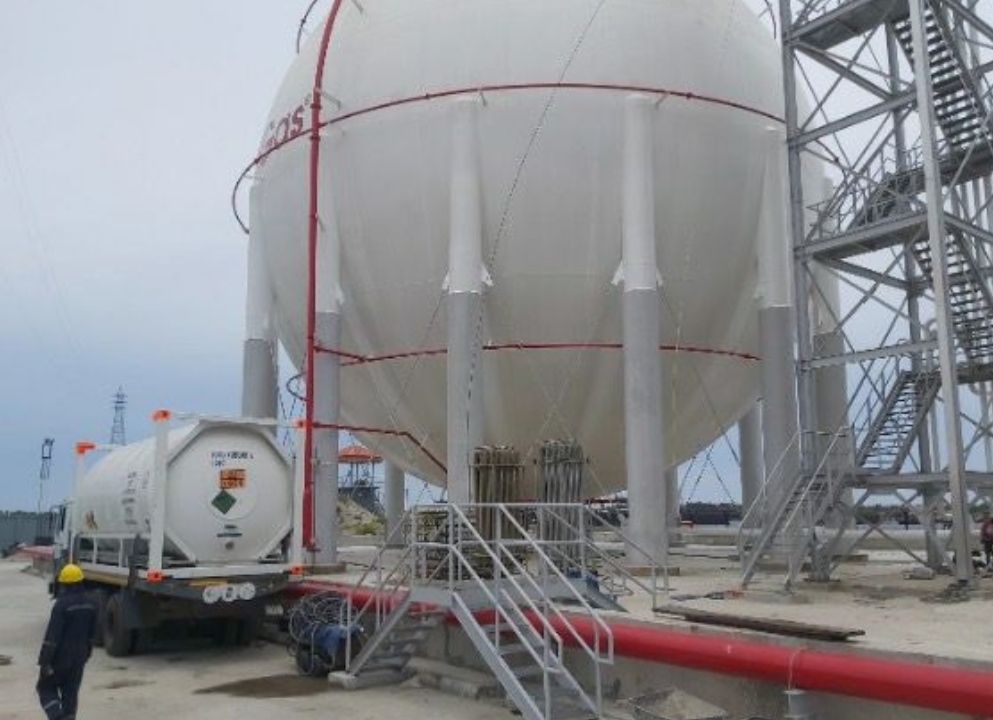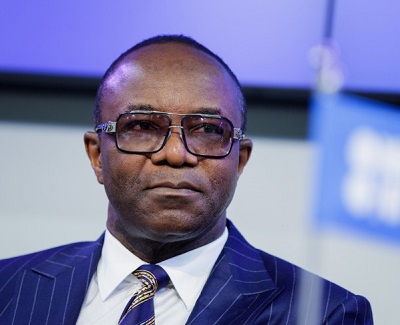Nigeria: Opec Meets Over Falling Oil Price
 How to stem the sliding oil price is expect to top the agenda as the 12-member Organization of the Petroleum Exporting Countries (OPEC) meet in Vienna Thursday.
How to stem the sliding oil price is expect to top the agenda as the 12-member Organization of the Petroleum Exporting Countries (OPEC) meet in Vienna Thursday.
To underscore how important the meeting is to Nigeria, the Minister of Petroleum Resources, Mrs. Diezani Alison-Medueke hurriedly left Geneva where she was attending the follow-up meeting of technical working groups on environment restoration of Ogoniland to Vienna to prepare for the parley.
Mrs. Alison-Madueke is the OPEC Alternate President and she is billed to assume the presidency of OPEC on January 1, 2015.
Expectedly, the world attention will be fully tuned towards happenings in Vienna, Austria as most of the oil cartel are reeling under cash crunch.
There are industry fears that OPEC may not come an agreement on how much cut is needed to shore up the price.
Industry sources have also ascribed the dipping prices on two principal reasons that include the economic stagnation in Europe and Japan which has resulted in decrease in demand and the steady increase in U.S. production of shale oil, up 4 million barrels a day over the past six years, has bolstered supply. In is instructive to note that that new incremental U.S. production is greater than the entire production of any OPEC country except Saudi Arabia.
Many analysts have said that Saudi Arabia, by maintaining a high level of oil output and driving prices down, has been trying to slow the U.S. shale oil boom by making drilling less profitable.
World crude oil production has also received a boost from Libya, where production has recovered somewhat, and Iraq, which is producing 300,000 barrels a day more than it, was a year ago.
The declining price seems to have posed a multi-dimensional challenge to Nigeria.
First, the sliding has resulted in devaluation of its currency, which is likely to result in labour unions calling for upward review salary structure, reduction in the volume on how much is paid for imported oil.
Analysts wondered why Nigeria could not move swiftly to deregulate the oil sector now that the international oil price has dropped significantly. Indeed, India has already towed this line.
It is muted that cuts by Angola and Nigeria might be needed because their high-quality crude competes most directly with the light U.S. shale oil.
Head or tail OPEC still needs to come to a collective agreement to avoid another steep price drop few of its members can avoid.
Most analysts are expecting some OPEC production cuts, perhaps half a million barrels a day, but most of them also doubt at this point that the cuts will be big enough to increase, or even maintain, current prices.
According to IEA, OPEC produced about 30.5 million barrels a day in the third quarter.
And if OPEC fails to reach an agreement, prices could continue to slide.
The good news to the meeting is that non-OPEC member and world highest oil producer, Russia and OPEC member, Saudi Arabia, have agreed in principle to support the anticipated cut.
But while Saudis can cope with sliding price because they have lower production costs, Nigeria, Venezuela, Iran, Iraq, Libya, and even Russia all need oil prices higher than $100 a barrel to keep their deficits in check.







